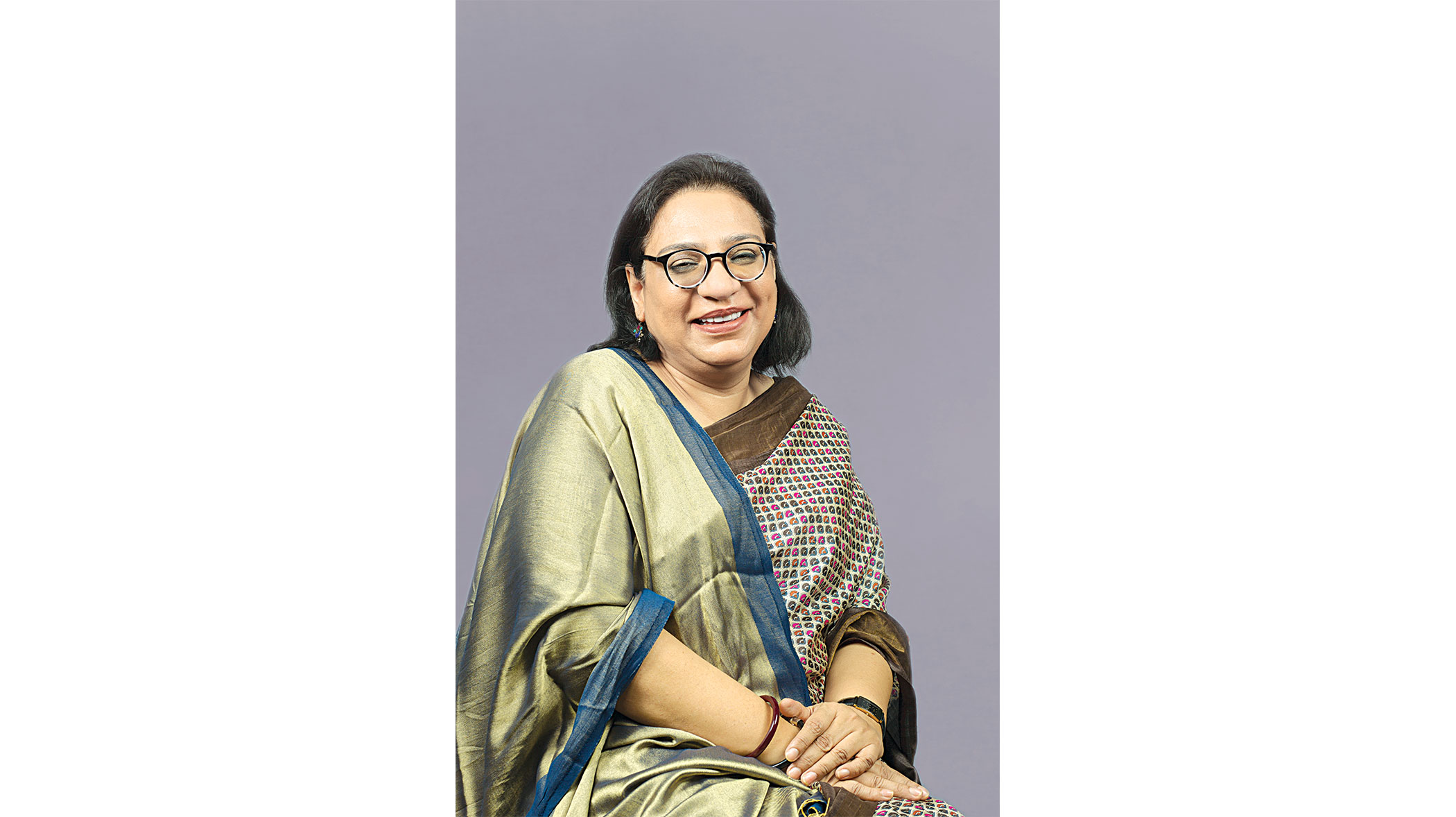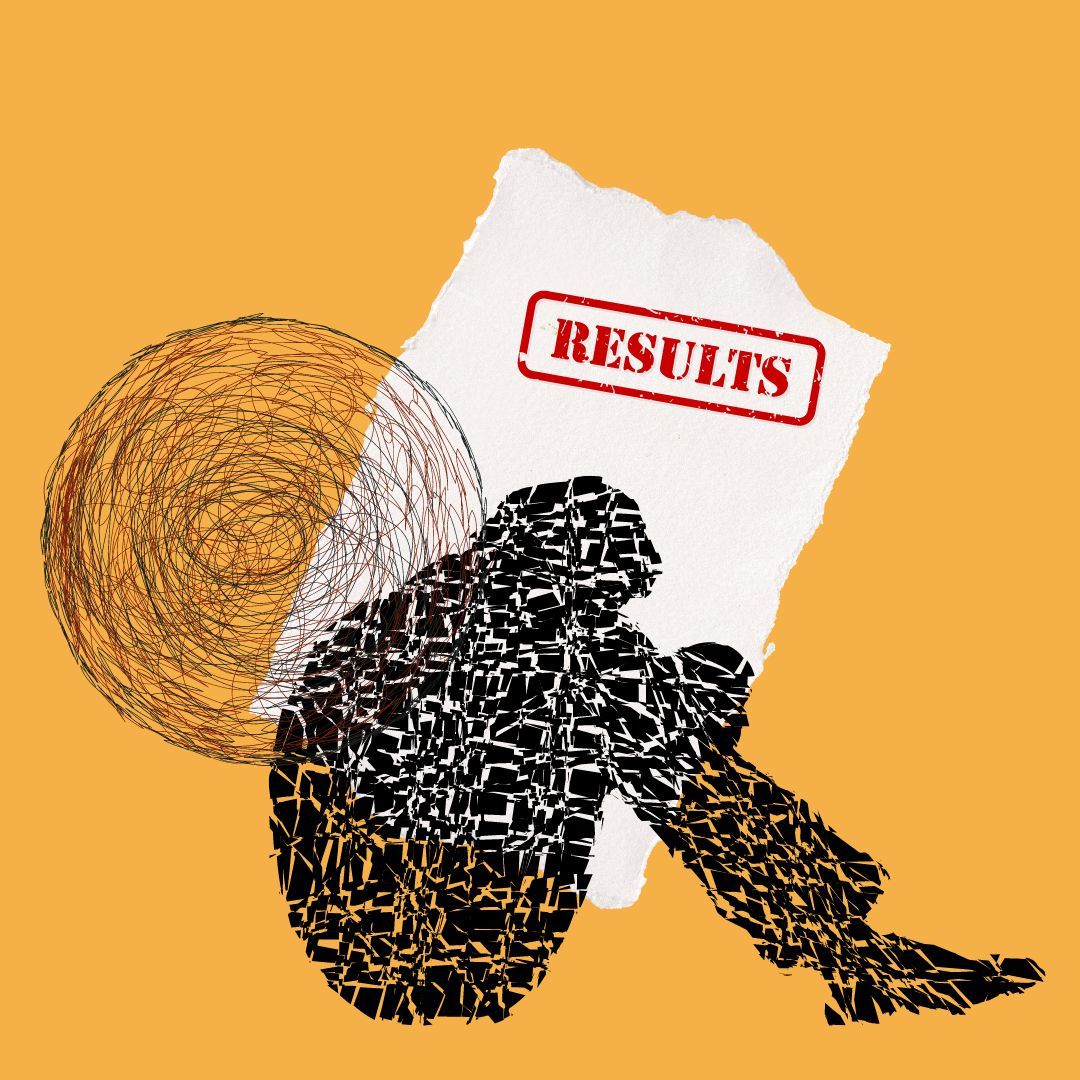Dhaka’s changing conversation on mental health

When I was a child, a TV commercial declared, "Bishonnota ekti rog." Back then, it sparked public outrage. Viewers accused it of "supporting" mental illness and normalising antidepressants.
How times have changed! We no longer treat people suffering from depression, anxiety disorders, manic depression, or schizophrenia as demons. Although this process of acceptance has been slow, the ripple effects of a mental health care movement are visible across the city.
There is no doubt that psychiatric ailments are still on the rise. With the recent trauma of witnessing a pandemic and a bloody mass movement against fascism, it is evident that a dark cloud hangs over the city's health sector. One newspaper report goes so far as to state that suicide is the second leading cause of death in Bangladesh, only after road traffic accidents. And truth be told, the crowded waiting rooms at the psychiatrist's chamber are a testament to such astonishing claims.
Every cloud, they say, has a silver lining. And what appears to be a hopeless situation when it comes to mental health, in reality shows positive signs, giving hope to those suffering from psychiatric illnesses of a recovery.
Today, Dhaka's own landscape speaks about depression and anxiety without shame. Radio talk shows discuss such topics without hesitation or guilt. Facebook Lives are done by those who suffer, trying to make others going through similar ordeals feel a little at ease. University awareness programmes are now as common as scholarship recruitment events!
From the National Institute of Mental Health in Sher-e-Bangla Nagar to the consultation rooms of BSMMU and the growing network of private clinics in Dhanmondi, Gulshan, and Banani, Dhaka is no longer a silent spectator to its people's struggles. NGOs and hotlines, born in this city, are offering new lifelines that did not exist when I was younger.
As a teenager, when I was first diagnosed with manic depressive disorder, the idea of medication was scandalous to those around me. "It will rattle your brain," they said. Almost thirty years ago, very few in Dhaka understood the effects of psychiatric medication and truth be told, even today, many still do not.
My first visits to a psychiatrist were filled with embarrassment. But with time, with countless regular visits, now, I feel no different walking into a psychiatrist's chamber than into a cardiologist's.
What has changed is that conversations can now happen out into the open. Acquaintances share their own struggles, making me feel less alone in this city of millions. Dhaka still tests the limits of my patience, but the city also offers me a respite on dull evenings at the shaded paths of Ramna Park.
It is a sigh of relief for me that the bookstalls of Nilkhet now offer self-help books on how to combat mental illnesses, just as it offers guidebooks on science and engineering. And, how the conversation on mental disease is not as awkward as it used to be in office cafes.
The city still rattles me, yes -- but it also heals me, slowly teaching me that my struggles, too, have a home here.



 For all latest news, follow The Daily Star's Google News channel.
For all latest news, follow The Daily Star's Google News channel. 

Comments